Description
An Article III court provides essential protections to a national whose rights may be infringed in a civil contract matter, particularly when the terms of the agreement are evidenced by an unrebutted affidavit that the opposing party seeks to dismiss. Given its constitutional authority and dual jurisdiction in law and equity, an Article III court offers a more comprehensive forum for justice than administrative or statutory courts.
1. Constitutional Protections
- Judicial Independence: Article III judges, appointed for life with salary protections, are independent and insulated from political or administrative pressures. This guarantees impartiality in their decision-making process.
- Due Process Rights: These courts are constitutionally bound to uphold procedural and substantive due process rights, ensuring that all parties have a fair opportunity to present evidence, challenge opposing claims, and seek meaningful relief.
2. Enforcement of Unrebutted Affidavits as Evidence
- Legal Standing of Affidavits: Under long-standing legal principles, an unrebutted affidavit can stand as truth in both law and commerce. When one party fails to rebut specific claims stated under oath in an affidavit, the affidavit may become binding as a matter of fact.
- Commercial and Legal Implications: Courts often treat an unrebutted affidavit as the equivalent of a contract or declaration of rights if it is properly served and uncontested.
- Scrutiny Against Dismissals: An Article III court is less inclined to dismiss claims that are backed by uncontested evidence, including affidavits. These courts adhere to evidentiary standards that respect the probative value of unrebutted affidavits.
3. Jurisdiction in Law, Equity, and Exclusive Equity
Article III courts have the authority to provide both legal and equitable remedies, unlike administrative or statutory tribunals limited to statutory provisions. The distinction between law and equity, along with the unique concept of exclusive equity jurisdiction, is crucial in contract and affidavit disputes.
- Equity Jurisdiction: Courts operating in equity are empowered to provide remedies when legal remedies (such as monetary damages) are inadequate or inappropriate. Equity focuses on fairness, good conscience, and justice. In the case of an unrebutted affidavit forming a contract or obligation, equitable relief may compel the opposing party to honor the terms or prevent unjust dismissal.
- Exclusive Equity Jurisdiction: Exclusive equity arises when a court is required to provide relief in cases where no corresponding legal remedy exists. This could involve:
- Injunctions: To prevent a party from dismissing or interfering with the terms established by an unrebutted affidavit.
- Specific Performance: Requiring the enforcement of obligations outlined in the affidavit.
- Declaratory Relief: Officially affirming the legal standing of the affidavit as binding evidence.
Courts exercising exclusive equity can issue orders that compel performance, recognize tacit acquiescence, and ensure that justice is done in situations where legal remedies fall short.
4. Protection Against Unilateral Dismissal of Claims
- Higher Evidentiary Standards: Unlike Article I administrative tribunals, which often favor dismissals based on technicalities, Article III courts adhere to strict evidentiary rules. They assess the substantive merits of a case, ensuring that valid and uncontested evidence (such as an unrebutted affidavit) receives due consideration.
- Balancing Fairness: Courts sitting in equity prioritize fairness and may prevent opposing parties from abusing procedural loopholes to dismiss legitimate claims.
5. Upholding Contractual and Commercial Rights
- Contracts as Law Between Parties: Article III courts recognize that agreements, including those evidenced by affidavits, are binding if they meet legal and evidentiary standards. Courts are obligated to uphold these agreements when entered voluntarily and without coercion.
- Equitable Estoppel: A party that has remained silent or failed to rebut an affidavit may be estopped from later contesting its validity, a principle firmly recognized in equity.
Conclusion
An Article III court’s jurisdiction in both law and equity, along with its ability to exercise exclusive equity, makes it a critical forum for protecting a national’s rights in civil contract disputes involving unrebutted affidavits. Its constitutional authority ensures that due process is followed, valid evidence is respected, and equitable remedies are available to uphold justice and prevent the infringement of rights.
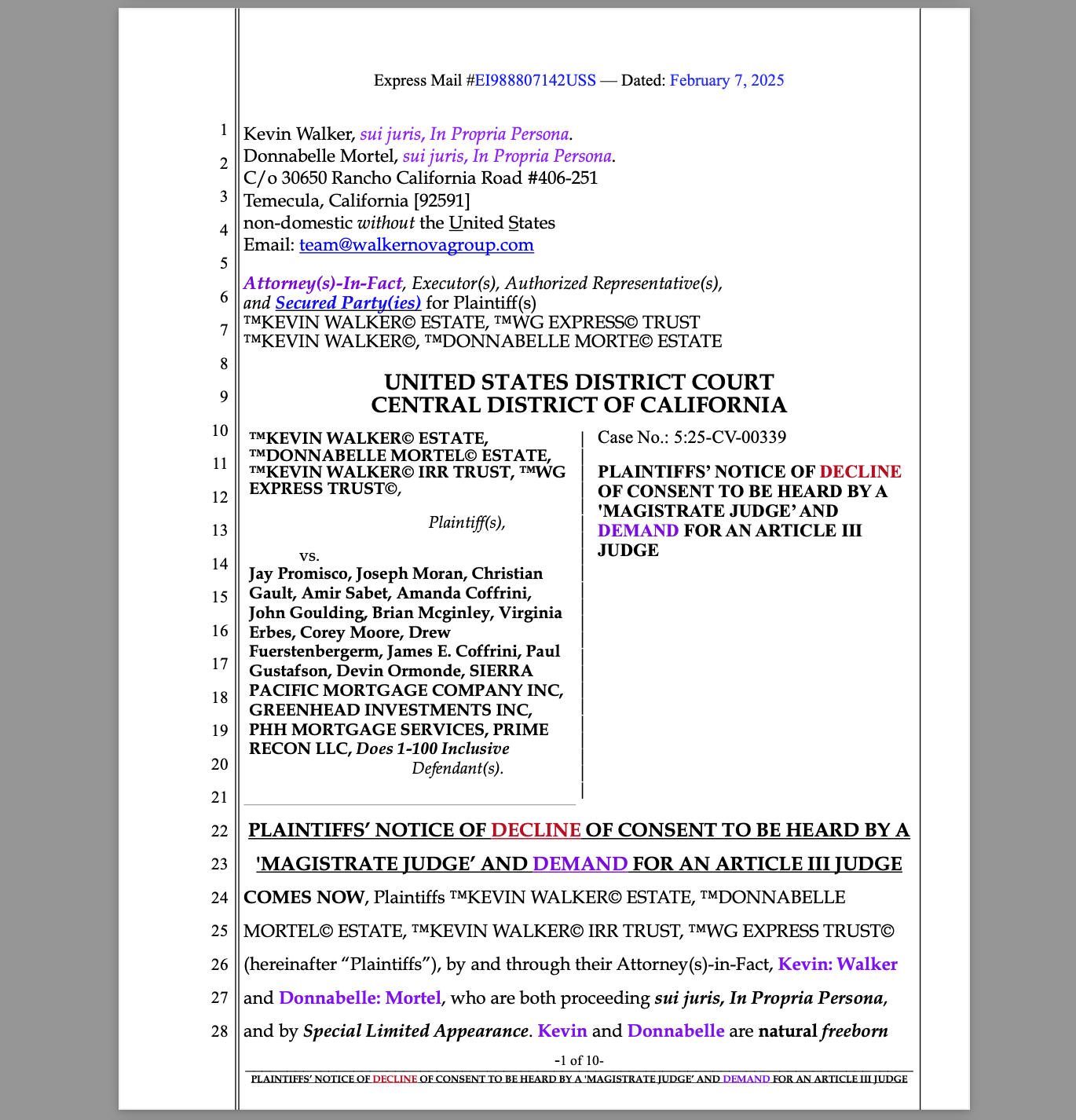
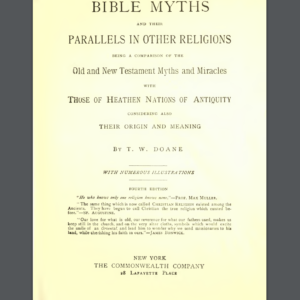
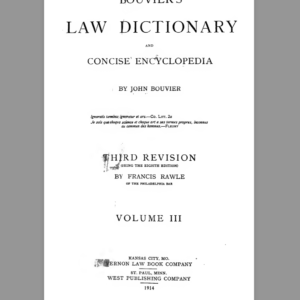

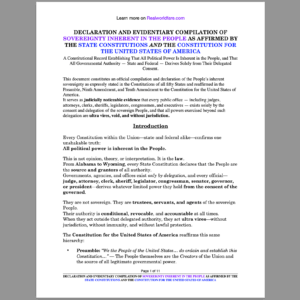
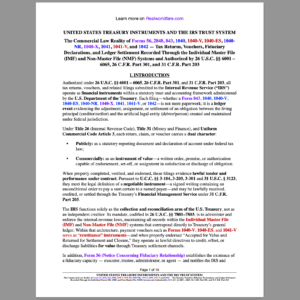




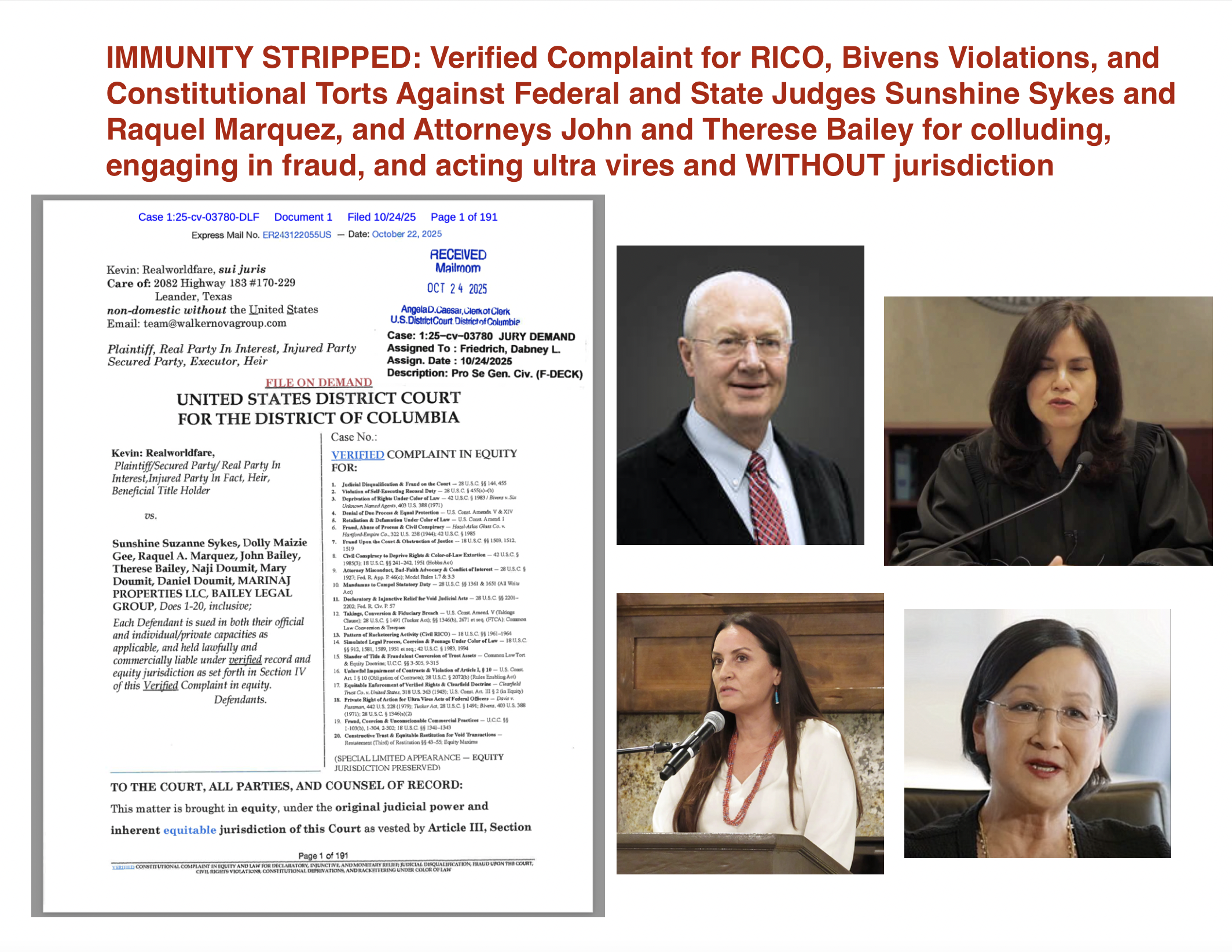
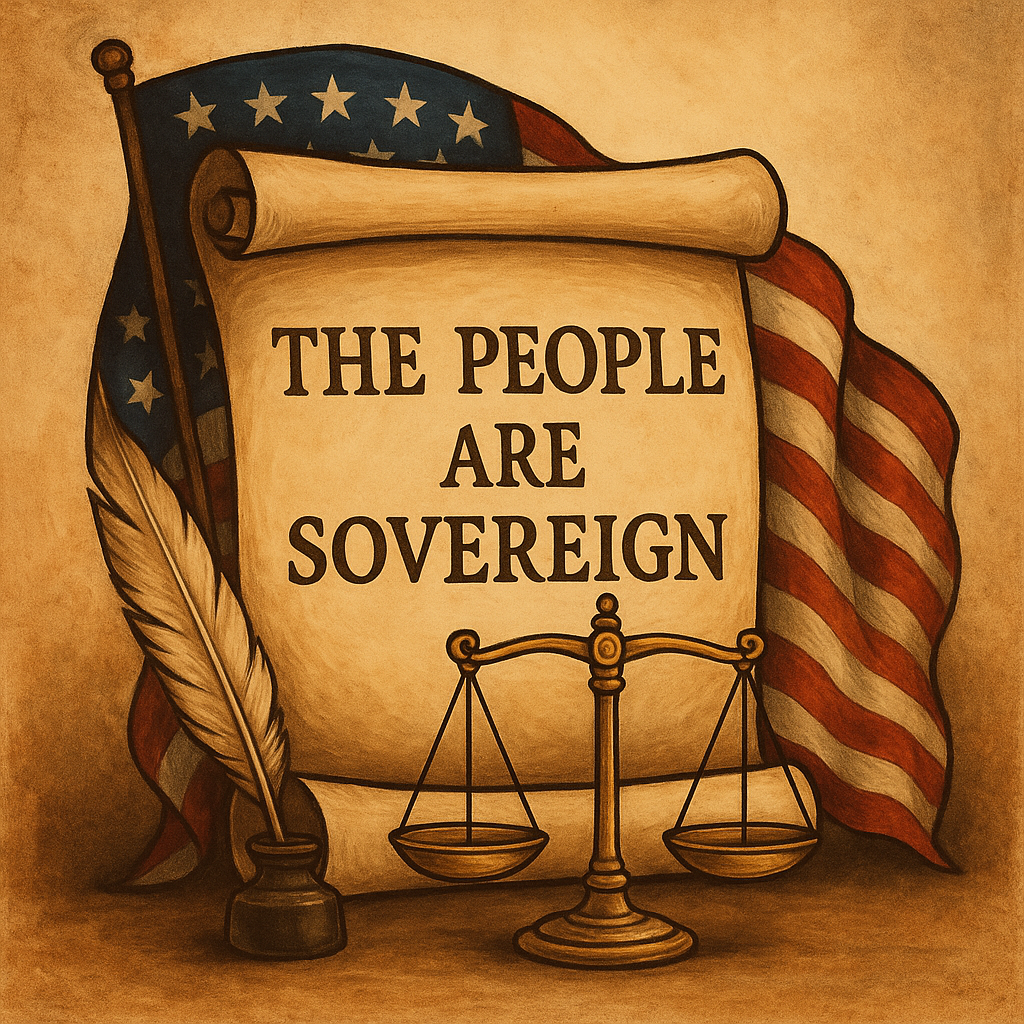
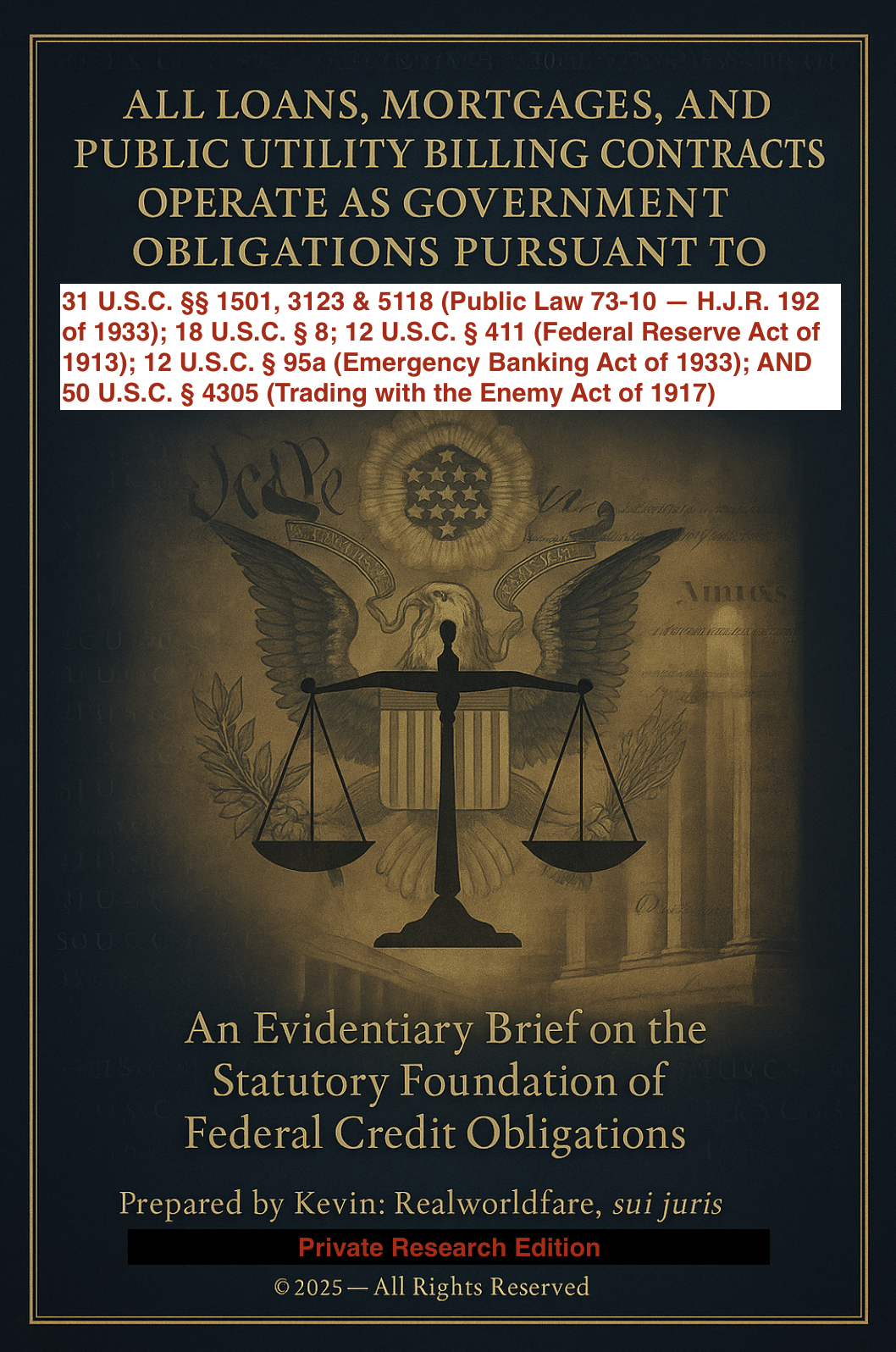
Reviews
There are no reviews yet.